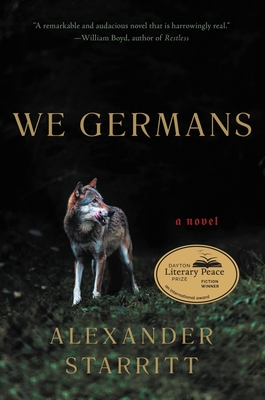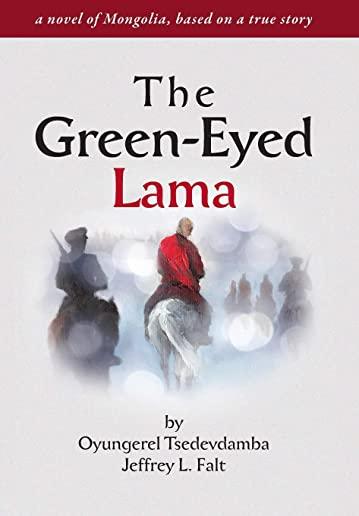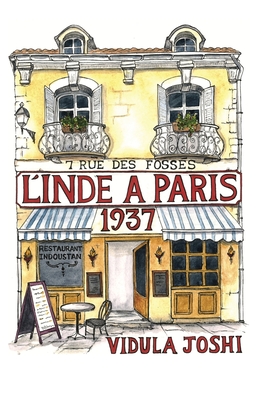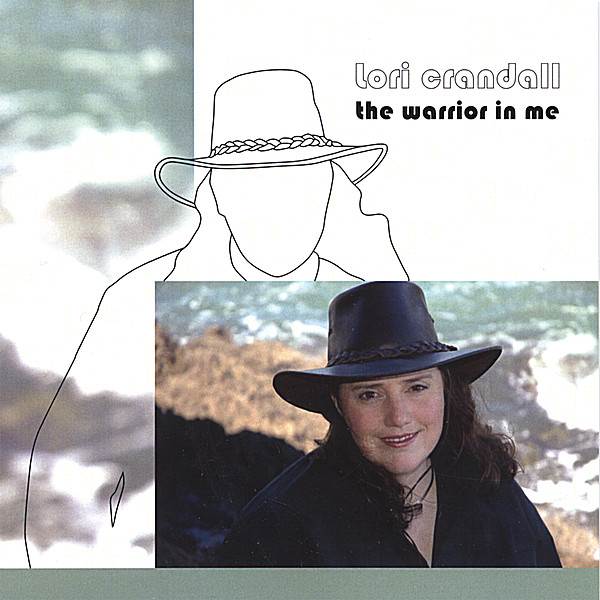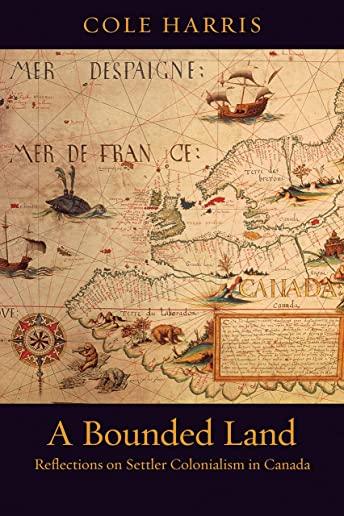
Canada is a country of bounded spaces - a nation situated between rock and cold to the north and a political border to the south. In A Bounded Land, Cole Harris seeks answers to a sweeping question: How was society reorganized - for Indigenous and non-Indigenous people alike - when Europeans resettled this distinctive land?
Through a series of vignettes that focus on people's experiences on the ground, Harris exposes the underlying architecture of settler colonialism as it grew and evolved, from the first glimpses of new lands and peoples, to the immigrant experience in early Canada, to the dispossession and resettlement of First Nations in British Columbia. In the process, he explores how Canada's settler societies differed from their European progenitors and, more theoretically, how colonialism managed to dispossess.
At a time when Canada is seeking to overcome the legacies of colonialism, A Bounded Land is essential reading. By considering the whole territory that became Canada over 500 years and focusing on sites of colonial domination rather than on settler texts, Harris unearths fresh insights on the continuing and growing influence of Indigenous Peoples in Canada and argues that country's boundedness is ultimately drawing it towards its Indigenous roots.
This book will appeal to readers from all walks of life - general readers interested in the history or geography of Canada, students and scholars of settler societies and Indigenous-settler relations, and politicians and senior civil servants engaged with Indigenous Peoples and reconciliation.
